NOBEL PRIZE FOR PROF JONATHAN MOYO!
Tues 21 September 2004
Assuming there was a Nobel Prize for hypocrisy and arrogance, Prof. Jonathan Moyo, the Zimbabwe Minister of State for Information and Publicity in the Office of the President would qualify with a distinction. He deserves the biscuit for abandoning his earlier crusade as an opponent of government's propensity to stifle media freedom.
In his yesteryears as an academic, Prof. Moyo accused the government-controlled media of failing the nation. "Their brief is to report ZANU PF affairs as if the ruling party is greater than the nation" Prof. Moyo wrote in the then privately owned Financial Gazette in 1992, adding that this journalistic docility sometimes took on disgusting proportions, "as when the media reports whatever Mr. Mugabe says and wherever he says it without analyzing its contents. Presumably, this is in keeping with the ZANU PF doctrine of presidential infallibility," he lamented.
The paradigm has changed for Prof. Moyo. His new pre-occupation with ZANU (PF) is like reading Dr. Faust's classic tale about the highly intelligent professor who signs a pact with the devil in return for infinite wisdom and power; more like doing a bad thing for a good reason.
First, he surprised many by joining ZANU (PF), the party he once denounced as authoritarian and for this bold move, Prof Moyo was rewarded. Today, he is ZANU (PF)'s information and publicity secretary, a presidential appointee to parliament and government minister solely responsible for policy and regulation of all media in Zimbabwe.
Ironically, in his short term as a minister, Prof. Moyo has authored media laws considered by many commentators as the most repressive in the history of post-independence Zimbabwe. A case in point is the enactment of the Access to Information and Protection of Privacy Act (AIPPA), without any broad consultation with the 'nation'. AAIPA was an offer that the majority of freedom loving journalists in Zimbabwe couldn't possibly accept and for this the scribes are paying a heavy prize. AAIPA has put more and more journalists in prison, a great number of them for crimes related to their professional livelihood. The Zimbabwe Chapter of the Media Institute for Southern Africa (MISA) reports that more than thirty- (30) journalists were detained or charged from January 2003 to date, for contravening sections of AAIPA. This is intriguing, given Prof Moyo's well documented past as a 'freedom loving academic'. His turn-around logic translates to a 'Thank you very much. It was important that you were mobilized then, but now that l am in power on your behalf, you either shut-up or face-up".
According to MISA-Zimbabwe, AAIPA does not provide the public with access to any real and relevant information. "In reality the Act's purpose is protecting the institution of the government from scrutiny by prohibiting and heavily penalizing public/media inquiry and scrutiny into its affairs, and in addition by an unrestrained control over journalists and media companies", argues MISA.
Prof Moyo posits that unless the police and courts aggressively crack down what they term 'anti-government press', social cohesion would degenerate into anarchy. He argues that even the constitutionally contested legal provisions such as journalists not registering with the MIC, contribute to an anything goes atmosphere in which serious social disobedience would proliferate.
In all Prof. Moyo has said or done, he has claimed adherence to the treasured philosophy of 'public or national interest'. However, it is precisely his definition of what is in the public interest that is contested.
Further, Prof. Moyo has positioned himself as the embodiment of the nation or the public's negotiator, who represents the nation's interests, our interests. But who really should define for media operators and journalists what is in the public or national interest? In the case of Zimbabwe, Prof. Moyo has claimed the right to singularly define the national or public interest. He then expects the media to uphold his definition without question. This attitude confirms the most lurid of scare stories about party functionaries running out of control. Sadly for Prof. Moyo, it has been hard to find Zimbabweans who do not see AAIPA as a repressive legislation that is either undesirable or unjust. What is worse is that several prominent ZANUPF supporters, recognizing that AAIPA threatens the sustainability of their own media enterprises, the party and government, are slowly distancing themselves from Prof. Moyo's position.
Certainly, hope is not all lost. First, if in the past, Prof. Moyo was able to change his mind, he can do it again. Second, much as lasting damage has been inflicted to Zimbabwe's reputation as a thriving democracy, it seems there has not been much success in destroying the hopes of all freedom and peace-loving journalists who now realize that defending the public or national interests may mean challenging the government and public officials of the day. That is precisely what Prof. Jonathan Moyo did in his past life.
















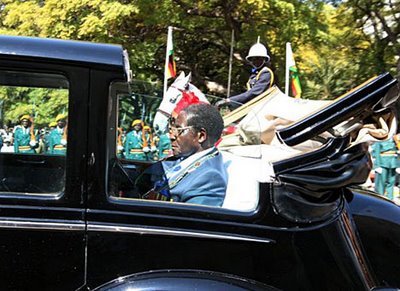

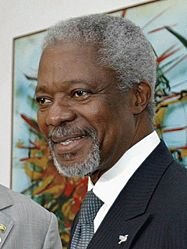





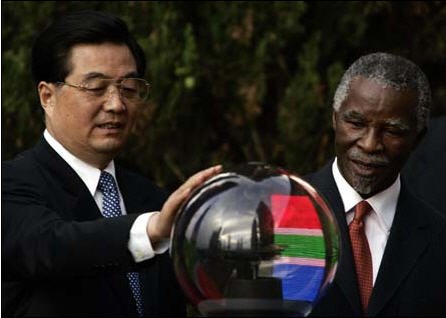








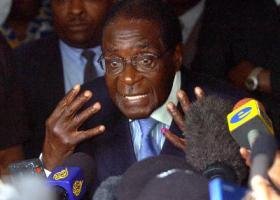

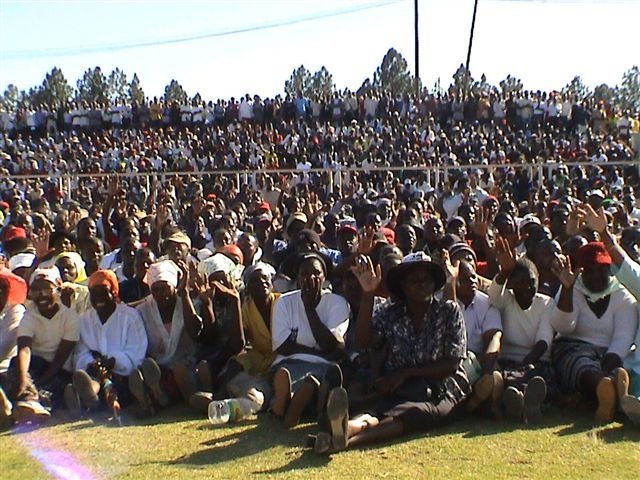

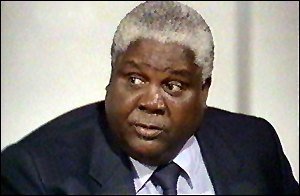



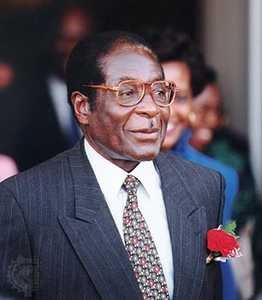

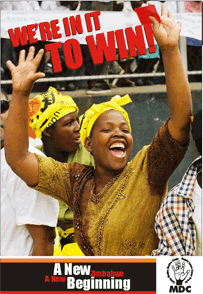






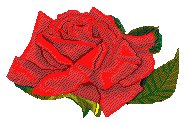

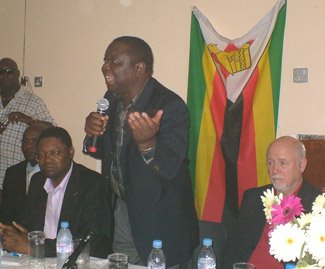




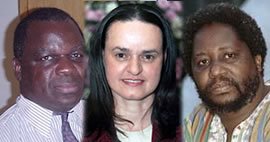






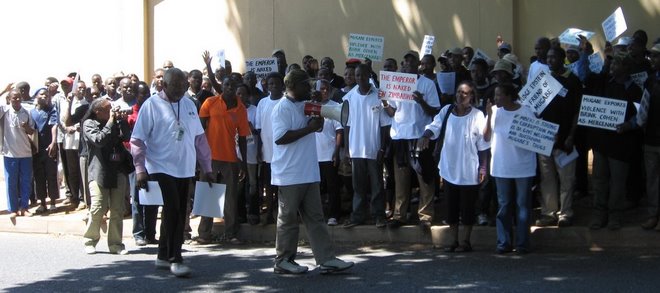
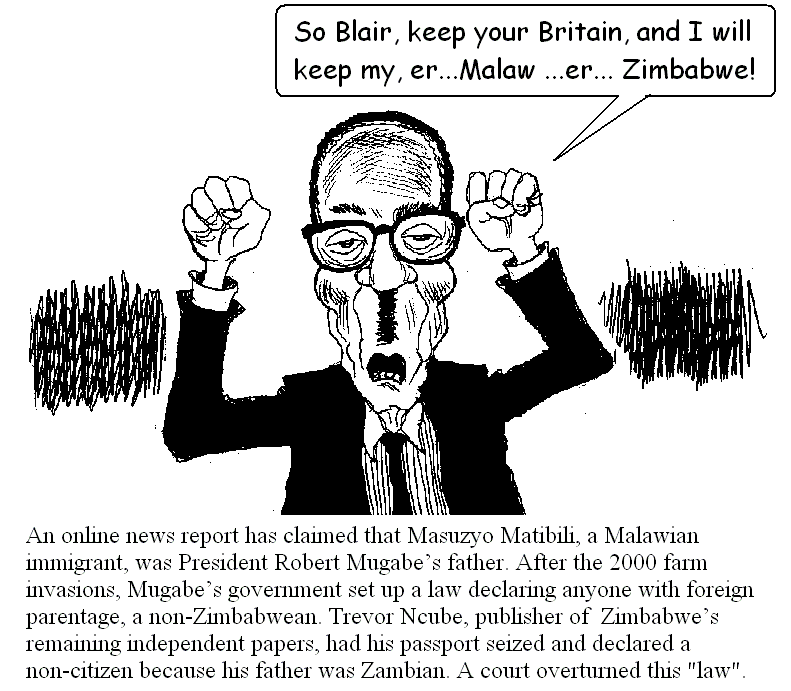
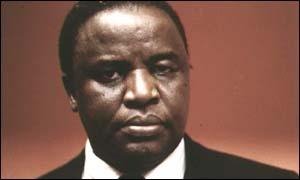
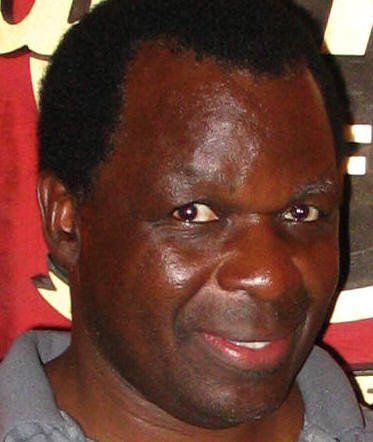





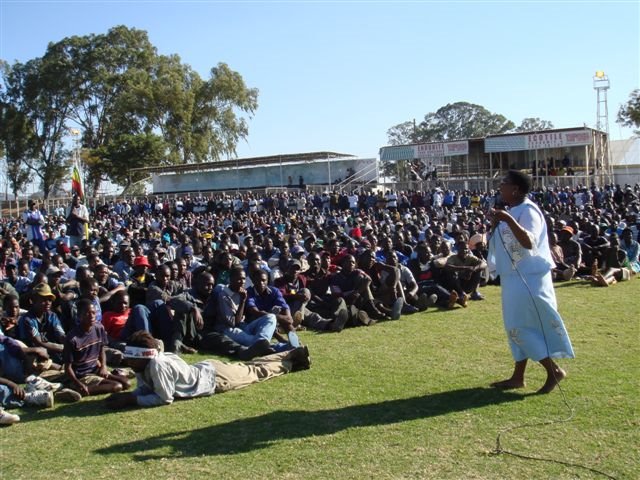






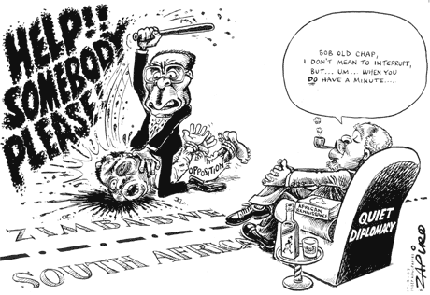

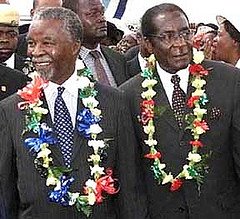
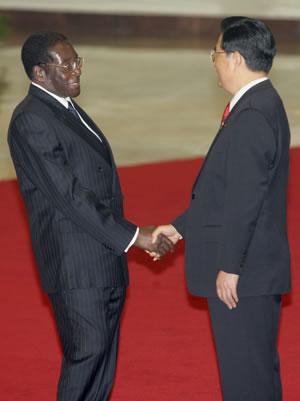





No comments:
Post a Comment